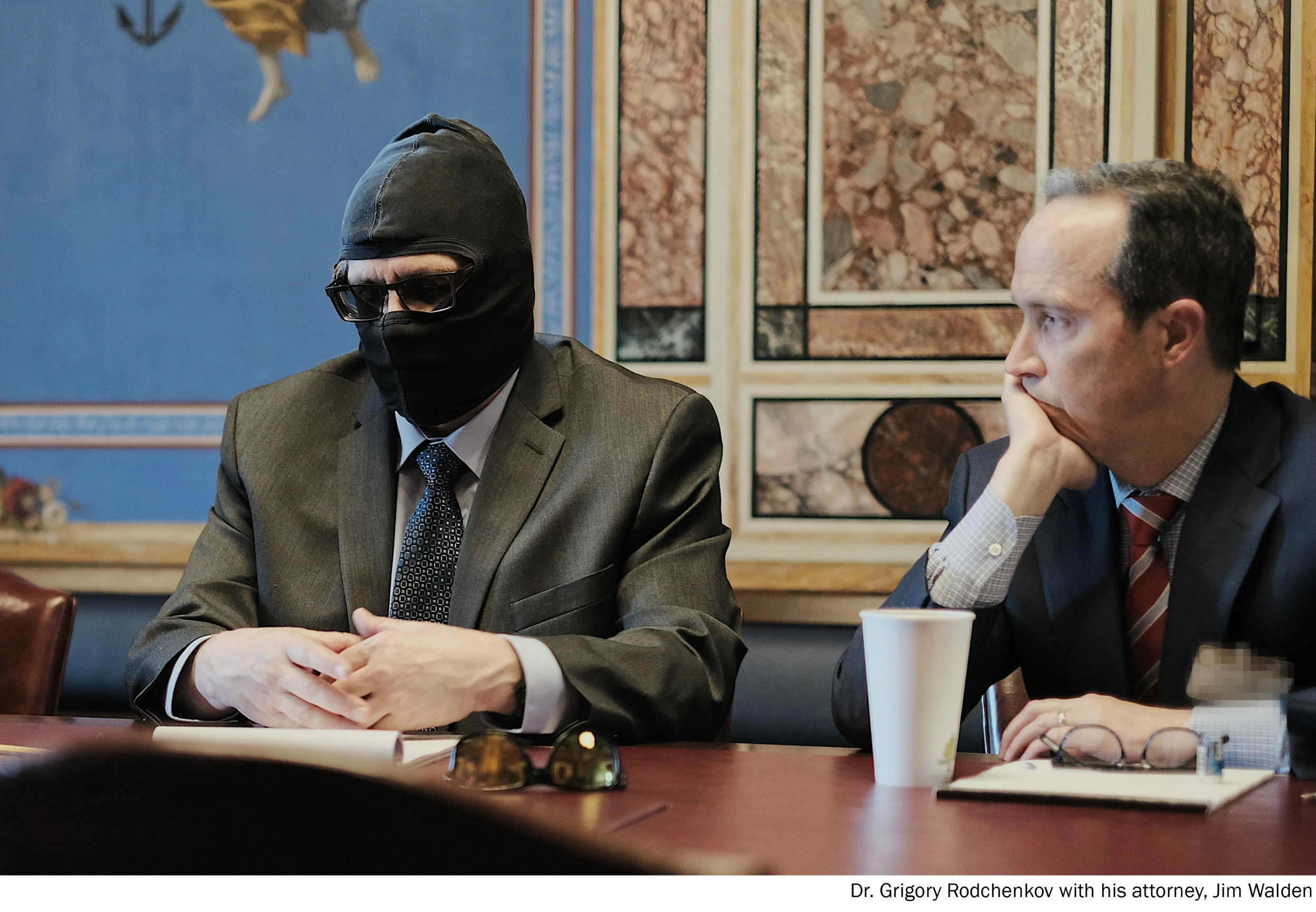Once more, it is time to re-visit Tom and Tammy Taxpayer, this time in Italy, Austria or Sweden and maybe even Canada. (Their kindred souls in Japan are already paying out the nose. Friends in Turkey have an entirely different set of issues.)
At any rate, Tom and Tammy are back to mulling the notion that the International Olympic Committee wants to come to town. The Winter Games! 2026!
Here are three news items, one from Thursday, the others from the past few weeks.
What impact are these items likely to have on Tom and Tammy, and what common-sense steps can — no, should — the IOC take to help convince Tom and Tammy that a yes vote on the inevitable referendum can make them, their neighbors and their friends feel good about sipping a mountainside espresso the morning after opening ceremony in February 2026?










